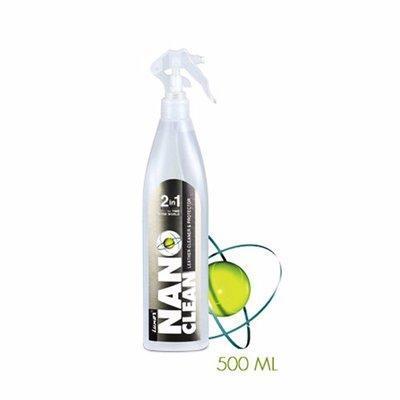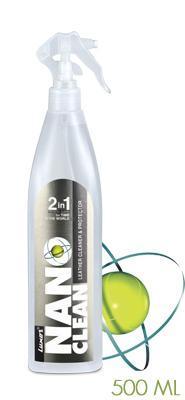This article is part of the HOGDigest editorial series. → Explore HOGDigest
In the 21st century, the concept of sustainability has become more important than ever before. As we face the challenges of climate change and dwindling natural resources, it is essential that we prioritize sustainable practices in all aspects of our lives, including design and beauty. This blog will explore the relationship between sustainability and design and how it impacts the beauty industry.
Sustainability in Design
Sustainability in design refers to the process of creating products that have a minimal impact on the environment and are built to last. It involves using eco-friendly materials, reducing waste, and designing products that can be easily recycled or repurposed. The goal of sustainable design is to create products that meet our needs without compromising the ability of future generations to meet their own needs. - Click on the image to shop
Mikasa 2-tier Mango Wood Tray
One of the most significant challenges of sustainable design is the use of materials. Traditional materials such as plastics and synthetic fibers are not biodegradable, and they contribute to the accumulation of waste in our landfills and oceans. However, sustainable designers are finding innovative solutions to this problem by using natural, renewable, and recycled materials.
For example, some designers are using materials such as bamboo, hemp, and organic cotton in their products. These materials are renewable, biodegradable, and require fewer resources to produce than traditional materials. Similarly, some designers are using recycled materials such as plastic bottles, tires, and even old fishing nets to create new products.
Sustainable design also involves reducing waste and emissions during the manufacturing process. This can be achieved by using renewable energy sources, such as solar or wind power, and by designing products that require fewer resources to produce. Additionally, sustainable design involves creating products that can be easily disassembled and recycled at the end of their lifecycle.
Beauty and Sustainability
The beauty industry is one of the largest industries in the world, and it has a significant impact on the environment. Many beauty products contain harmful chemicals and are packaged in non-recyclable materials, which contributes to waste and pollution. However, the beauty industry is starting to take sustainability seriously, and many companies are making changes to reduce their environmental impact.
One way that the beauty industry is becoming more sustainable is through the use of natural and organic ingredients. Many beauty products contain synthetic chemicals that can be harmful to both the environment and our health. However, natural and organic ingredients are renewable, biodegradable, and have minimal environmental impact.
Similarly, the beauty industry is reducing its environmental impact by using eco-friendly packaging. Many beauty products are packaged in non-recyclable materials such as plastic, which contributes to waste and pollution. However, some companies now use biodegradable or recyclable packaging materials such as glass, paper, or mushroom-based materials.
In addition to using sustainable ingredients and packaging, the beauty industry is also taking steps to reduce waste. Many companies are now offering refillable products, which reduce the amount of packaging that is used and help to minimize waste. Additionally, some companies are implementing recycling programs, which encourage customers to recycle their used beauty products.
Conclusion
In conclusion, sustainability is essential in the 21st century, and it impacts all aspects of our lives, including design and beauty. Sustainable design involves using eco-friendly materials, reducing waste, and designing products that can be easily recycled or repurposed. Similarly, the beauty industry is becoming more sustainable by using natural and organic ingredients, eco-friendly packaging, and reducing waste. As consumers, we can also play a role in promoting sustainability by choosing products that have a minimal impact on the environment and supporting companies that prioritize sustainability.
































